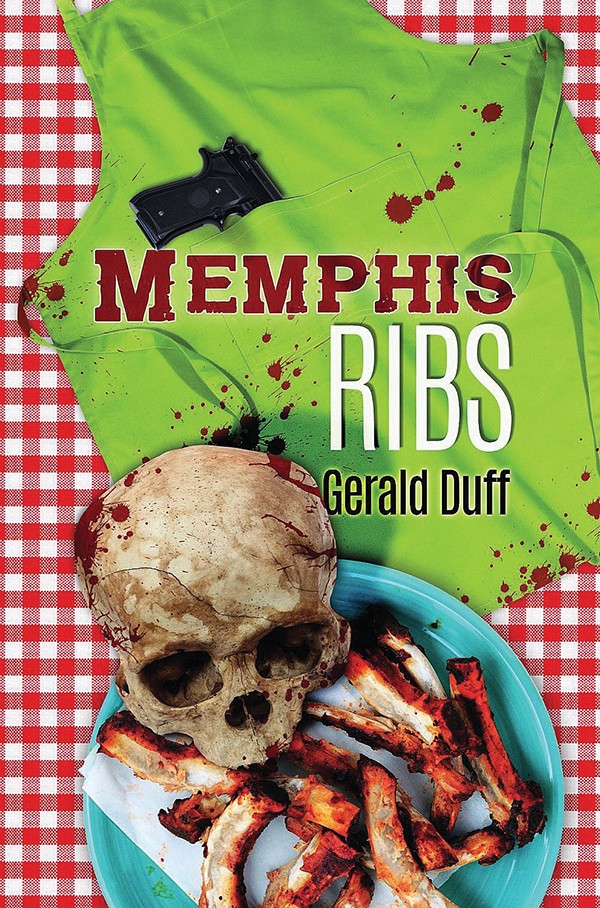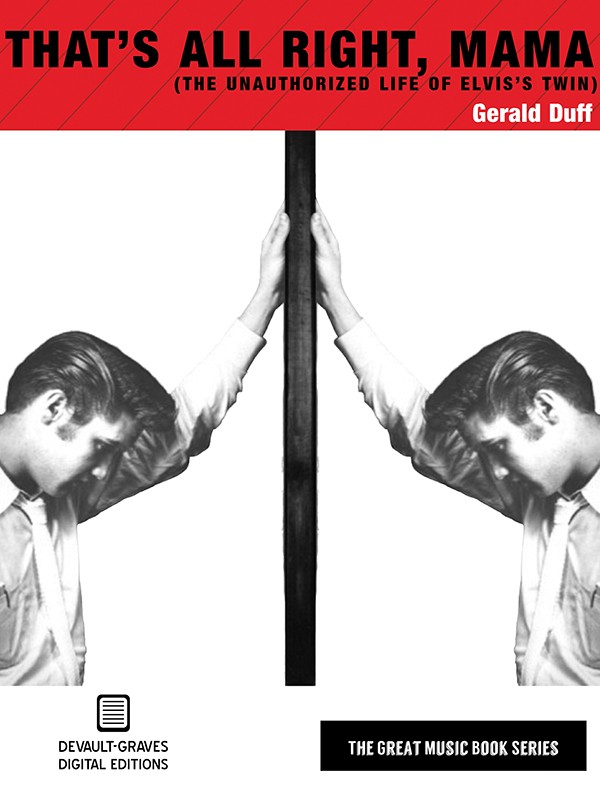Over the past 10 years, Joy Bateman has written and illustrated seven books about food, overflowing with recipes from notable chefs in cities such as Memphis, Nashville, and New Orleans. It’s an astonishing literary outpouring, and it prompts the question — why? Why write about food?
In Bateman’s case, the answer turns out to be pretty astonishing. Growing up in East Memphis, she was always hungry. Her family wasn’t poor, but her mother had an eating disorder, so there was never any food in the fridge.
“She would go to Knickerbocker Restaurant at least once or twice a day,” Bateman remembers of her mother. “But she wouldn’t eat. She would just order a coffee and read The New York Times and Women’s Wear Daily.”
To keep food in her belly, Bateman would dine with neighbors or bike to Shorty’s Barbecue on Summer. But her culinary awakening came later, at age 18. She was visiting Palm Beach, Florida, when she ordered the sautéed calves’ livers at Petite Marmite.
“I can still remember it like I’m sitting at that table,” she recalls. “So fragrant. It was fried with onions and bacon, and it was just delicious. Crispy on the outside and tender.”
Those livers launched Bateman, who sells ads for Memphis magazine, on a culinary adventure that took her from the desert of her childhood to the oasis of maturity. Because, she freely admits, no one can appreciate good food like a girl who grew up without it.
Bateman’s latest book, The Art of Dining in New Orleans 2, features recipes from celebrity chefs such as Susan Spicer and John Besh, plus restaurants like Antoine’s and Galatoire’s. Each page is enlivened by Bateman’s own illustrations, oil paintings executed in a bright, whimsical style.
Looking for a place to start? The author recommends the Whole Roasted Head of Cauliflower from the Domenica Restaurant in the Roosevelt Hotel. Delicately flavored with lemon and bay leaf, it is baked until golden and served with whipped feta cheese.
“Lots of folks know the Roosevelt for its famous Sazerac bar,” muses Bateman. “But they ought to know it for Domenica, which is a real culinary treasure.”
They say blood runs thicker than water. True enough. But barbecue sauce runs thicker than blood.

That’s the premise behind the novel Memphis Ribs, recently reissued by Brash Books. To judge a book by its cover — always a good idea — it’s a slasher of the first order. The illustration features a bloody skull, messy barbecue bones, and a pistol tucked into the pocket of an apron.
But the reality is more nuanced. Author Gerald Duff, who hails from East Texas, has won literary awards from Ploughshares and St. Andrews. He has also been nominated for a PEN/Faulkner prize and an Edgar Allan Poe Award.
In other words, this is literary fiction masquerading as a police procedural. And it’s actually pretty good. Entertainment Weekly praised Duff’s “unerring ear for dialect,” and Booklist pronounced Memphis Ribs “as sweet and satisfying as a barbecue dinner, without the fat.”
Take the following passage, which describes the construction of the famed Cotton Carnival Royal Barge.
“Well, lack a day and fuck a duck, Boyd said to himself, lifting a hand to pat his hair, tossed as it was by the breeze off the river. I’m presented again with lead and must create gold of it. There’s nothing to do but make a start. But I swear I cannot fathom what sort of paint or how much of it I’m going to be forced to slather all over that monstrosity. Surely the budget will go bust long before I’m finished, but that will be their problem and not mine.”
The plot hinges on four — count ’em, four — bloody murders, all of which are somehow wrapped up with Memphis In May. There are poor, black drug dealers and rich, white heiresses. There are tourists and beat cops and carnival queens. Can detective J.W. Ragsdale solve these seemingly unconnected crimes in time to save Barbecue Fest?
Only time will tell — but in the meantime, there’s plenty of pork shoulder to go around. And laugh-out-loud humor, most of which originates in the banter between Ragsdale (lazy, white) and his partner, Tyrone Walker (smart-ass, black).
As a way of dissecting the social order, it may not be that original — think Die Hard, Rush Hour, Lethal Weapon — but hey, it makes for a diverting read. I give it 12 ribs and a side of baked beans.

